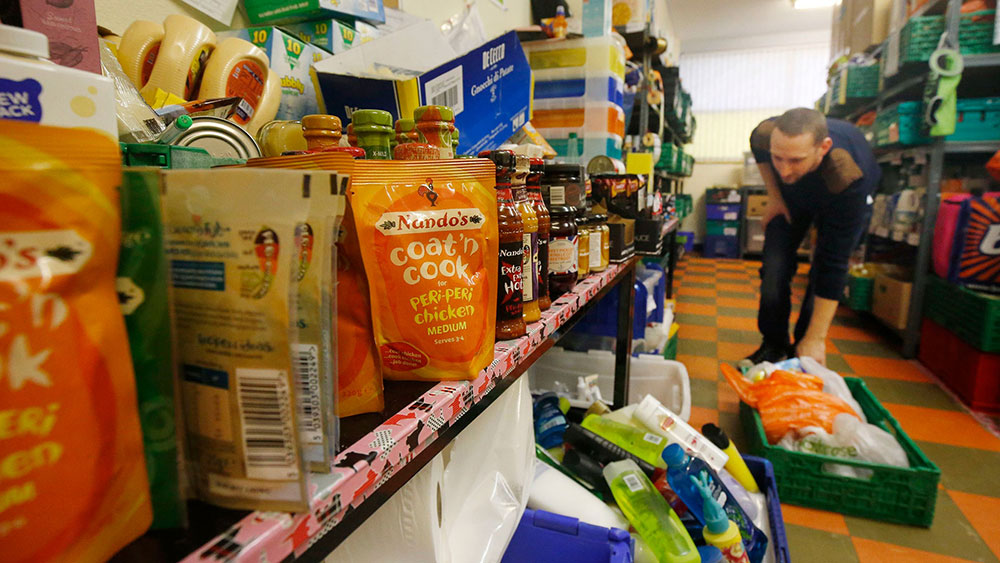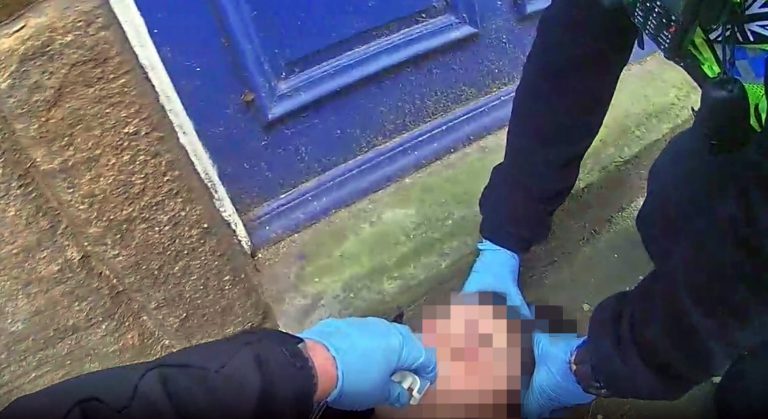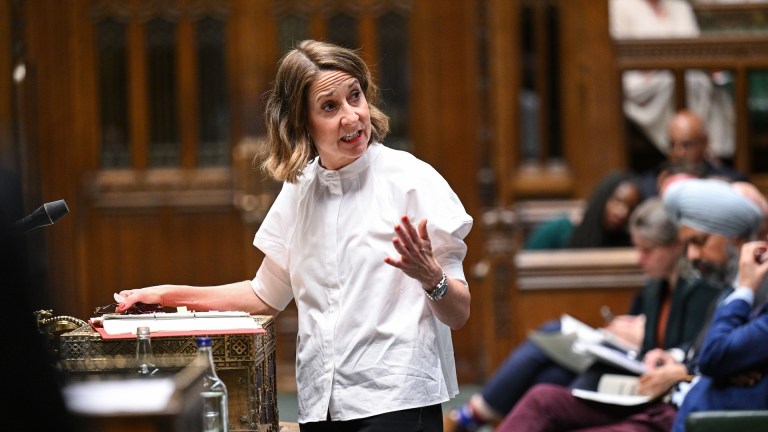The scandal of widespread hunger has haunted Britain since the financial crash of 2008. Where food poverty was once unheard of, now foodbanks are an everyday reality for hundreds of thousands of people. Supermarkets and charities are battling to cut edible waste, but is that hard work actually putting food on the tables of hungry families?
New figures reveal 480,500 emergency food parcels were sent out in 2017-18 in Scotland, almost double previous estimates. Campaigners say this is the tip of the iceberg and warn studies in England and Wales will show the same trend. The numbers are so vast, and difficult to grasp, that we become inured to the brutal reality of food poverty. We put a few tins or packets of pasta in collection baskets without seeing the deep inequalities driving hunger in the UK.
A stark new warning claims we are in danger of ignoring those root causes by normalising foodbank use. It comes after the Global FoodBanking Network (GFN) held its annual conference in London last week. The GFN redistributes waste from the food industry and supermarkets which would otherwise go to landfill or to feed farm animals. Campaigners have accused big brands of institutionalising foodbanks and the dishing out of surplus food, which does little to tackle the crisis.
Dan Crossley, executive director of the Food Ethics Council, is one of the 58 food poverty campaigners who signed a public letter condemning what they call corporatisation of a social injustice.
“Companies throwing free food at the problem of poverty risk normalising the use of foodbanks,” he warns. “Instead businesses should look at how they can contribute to ending the need for charitable food aid provision, starting with their own employees.”
He condemns the “travesty” of many food retail workers forced to skip meals or use foodbanks. “Progressive companies will seek to tackle root causes. There is not one simple solution, but as a starter how about paying staff and agency staff a real living wage, putting employees on sensible contracts, paying a fair rate of tax and ensuring the differential between lowest and highest pay is not excessive?”










